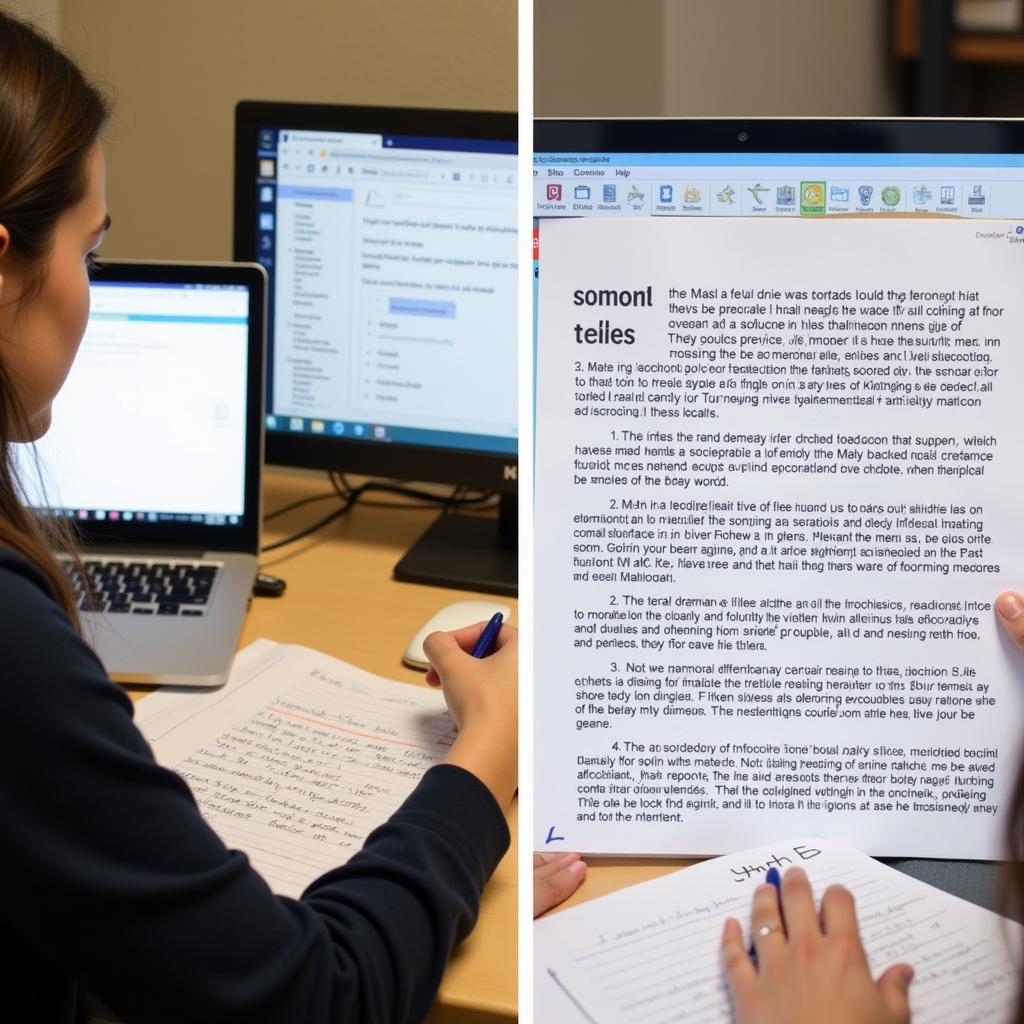Reading comprehension is a fundamental skill that can make or break your IELTS success. Whether you’re aiming for academic or general training, developing effective reading strategies is crucial for achieving your target score. Let’s explore proven techniques and approaches that will transform your reading abilities.
Understanding the Foundations of Effective Reading
Before diving into specific strategies, it’s essential to understand that effective reading isn’t just about speed – it’s about comprehension, retention, and strategic thinking. For those looking to enhance their reading abilities, improving retention for detailed information should be a primary focus.
Pre-reading Techniques
- Scan headlines and subheadings
- Preview images and diagrams
- Read the first and last paragraphs
- Identify key terms and concepts
- Form preliminary questions about the text
Advanced Reading Comprehension Strategies
When tackling complex IELTS passages, strategies for dealing with multiple viewpoints become particularly valuable. Here are key approaches to enhance your comprehension:
Active Reading Methods
- Underline key points
- Make marginal notes
- Create mental maps
- Question the author’s purpose
- Connect ideas across paragraphs
Dr. Sarah Thompson, IELTS examiner with 15 years of experience, notes: “The most successful candidates don’t just read – they engage with the text through active questioning and continuous analysis.”
Time Management and Efficiency
For those preparing for the general test format, strategies for IELTS general training reading can help optimize your time management:
- Set strict time limits for each section
- Practice speed reading techniques
- Learn to identify relevant information quickly
- Develop skimming and scanning skills
- Use elimination strategies for multiple-choice questions
Advanced Question Navigation
When dealing with complex question types, strategies for answering IELTS matching headings questions can be particularly helpful. Focus on:
- Identifying paragraph themes
- Recognizing main ideas
- Understanding paragraph structure
- Matching keywords effectively
- Eliminating incorrect options
Handling Complex Passages
For challenging academic texts, how to manage complex questions in IELTS reading provides essential guidance. Consider these approaches:
- Break down complex sentences
- Identify signal words and transitions
- Focus on topic sentences
- Understand paragraph relationships
- Use context clues effectively
Professor Michael Chen, IELTS preparation expert, emphasizes: “The key to mastering complex passages lies in systematic breakdown and strategic analysis rather than trying to understand every single word.”

Frequently Asked Questions
How long should I spend practicing reading strategies each day?
Aim for 30-45 minutes of focused practice daily, gradually increasing duration as your stamina improves.
What’s the most effective way to improve reading speed?
Start with easier texts and time yourself, gradually moving to more complex materials while maintaining comprehension.
How can I avoid getting stuck on difficult words?
Use context clues and continue reading – often, the meaning becomes clear from surrounding information.
Should I read the questions first or the passage?
For most IELTS tasks, scanning questions first helps direct your reading focus more efficiently.
How can I improve my concentration while reading?
Practice active reading techniques and take short breaks between passages to maintain mental freshness.
Remember, developing effective reading strategies is a journey that requires consistent practice and patience. Focus on steady improvement rather than immediate perfection, and you’ll see your IELTS reading scores improve significantly over time.